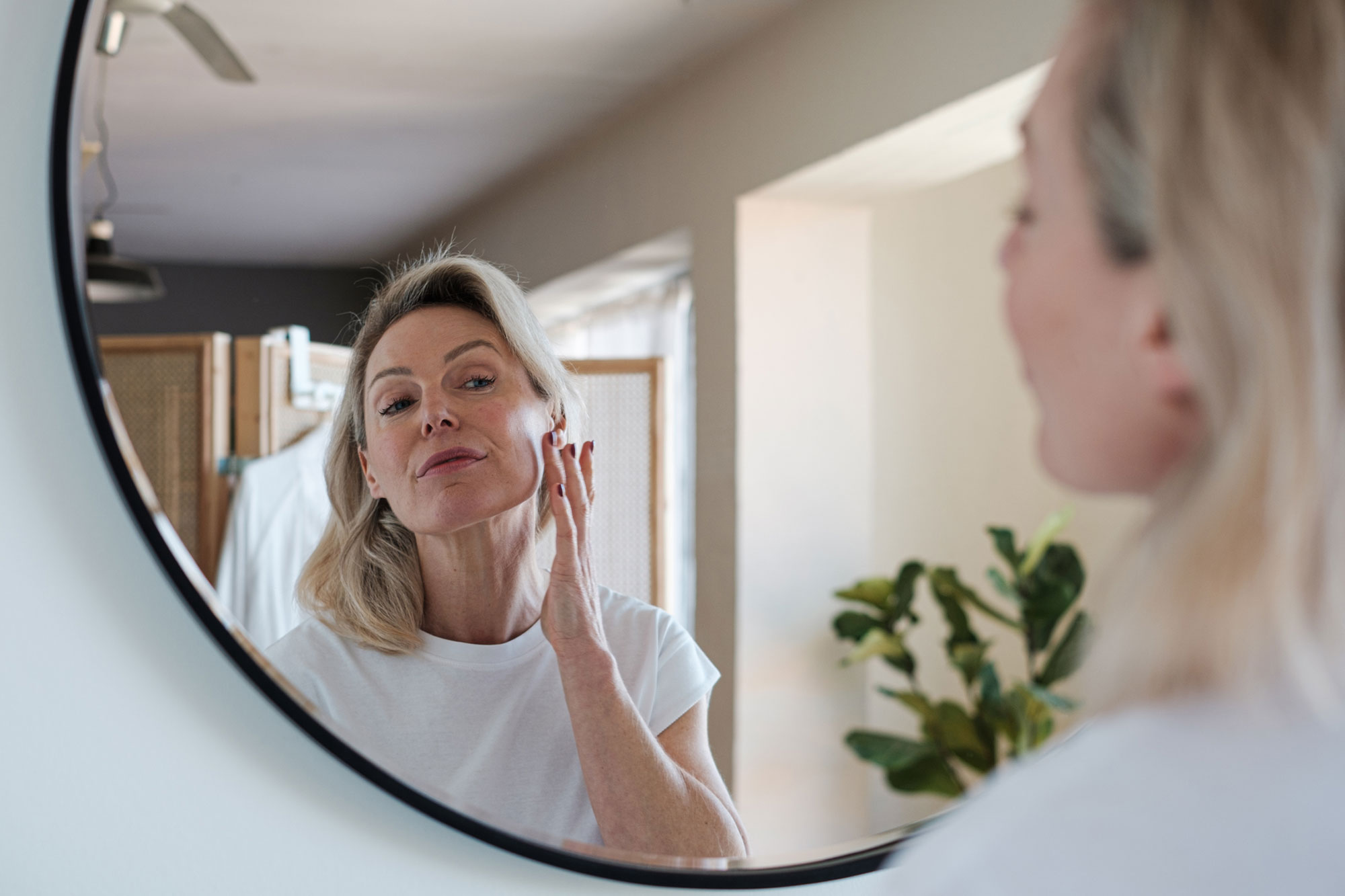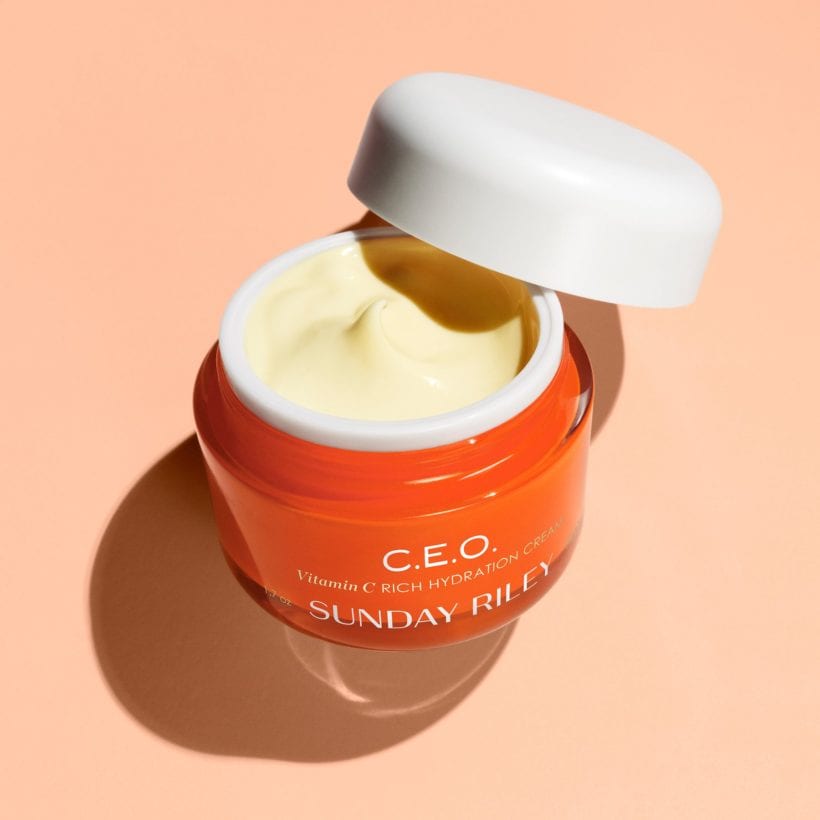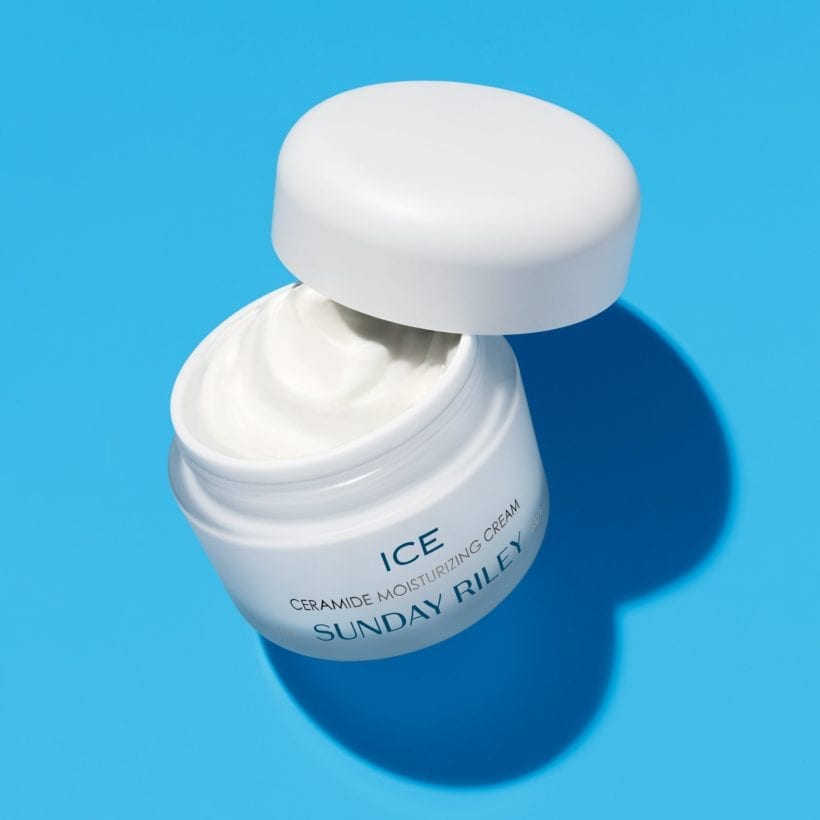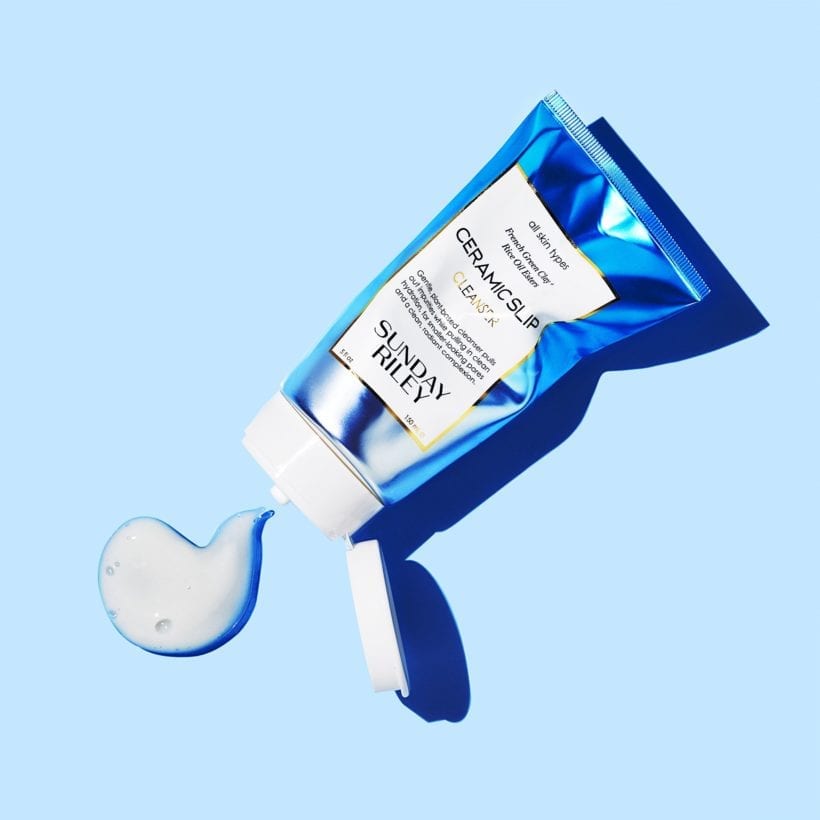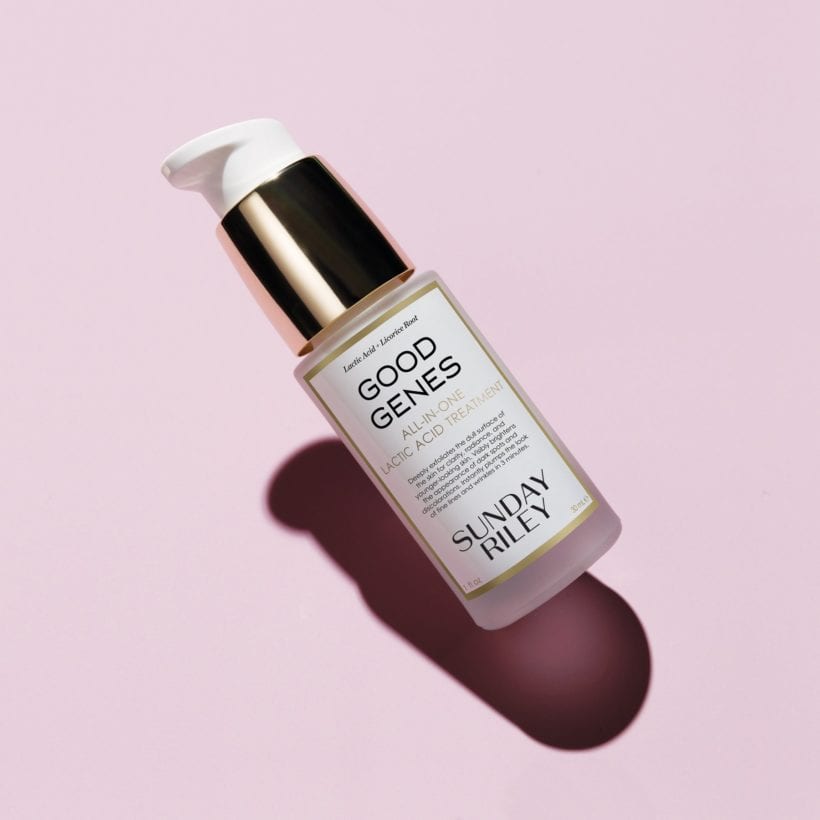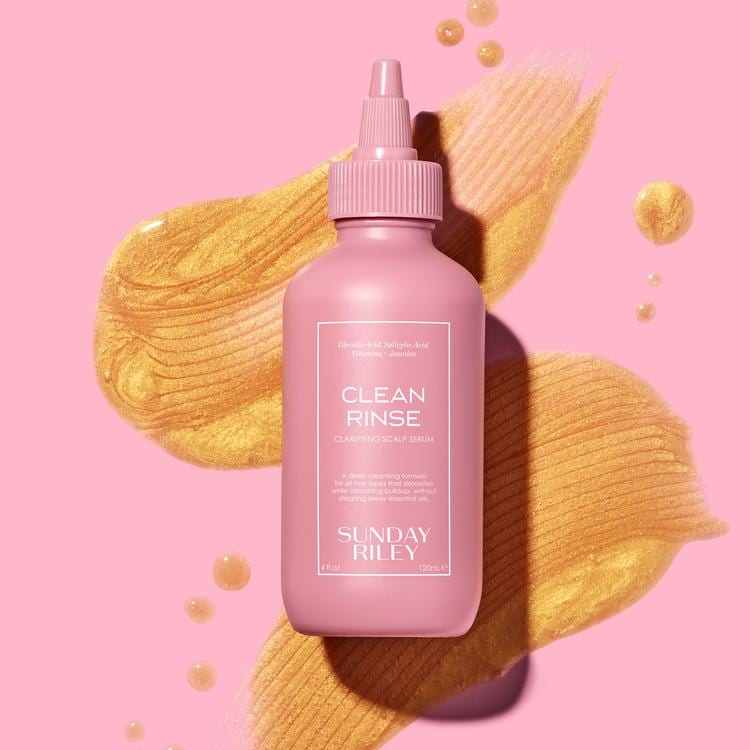It’s a given that once the temperatures dip below 50°F, the effects of cold weather become evident on our skin. But rather than succumbing to the harsh effects of artificial heat, gusty windstorms, frigid temperatures, and snow, which can lead to dryness, redness, itching, and flaking, follow these expert-recommended winter skincare tips to keep your skin glowing, happy, and healthy from head to toe.
Meet the Experts
Ildi Pekar is a celebrity facialist.
Paul Jarrod Frank, M.D., is a celebrity cosmetic dermatologist.
Jessica Richards is the founder of SHEN Beauty.
Vince Spinnato is a skincare expert.
Howard Sobel, M.D., is a board-certified dermatologist.
Luigi L. Polla, M.D., is the founder of Forever Institut and Alchimie Forever.
Parvaneh Rafaeloff, M.D., is the owner and medical director of Le Jolie Medi Spa.
Brittany Sullivan is a Mane Addicts stylist.
Fill Up on Protein
Comfort food, cozy sweaters, and cold winter nights go hand in hand. But if you don’t feed your skin the nutrients it needs, you can instigate dryness and inflammation, which is never good for a delicate complexion. During the summer, we eat lighter foods, including vegetables and fruits, which contain water, so the skin and body are more hydrated, says celebrity facialist, Ildi Pekar. “But, during the cooler months, we feel a little more lethargic and eat hot and heavy foods for comfort, which shows in the skin,” she adds. So while soups and warm dishes have their place, make sure to incorporate protein-packed options and healthy carbohydrates. She also suggests upping your intake of water and even adding coconut water and fish oil into the mix “because they help keep skin hydrated.”
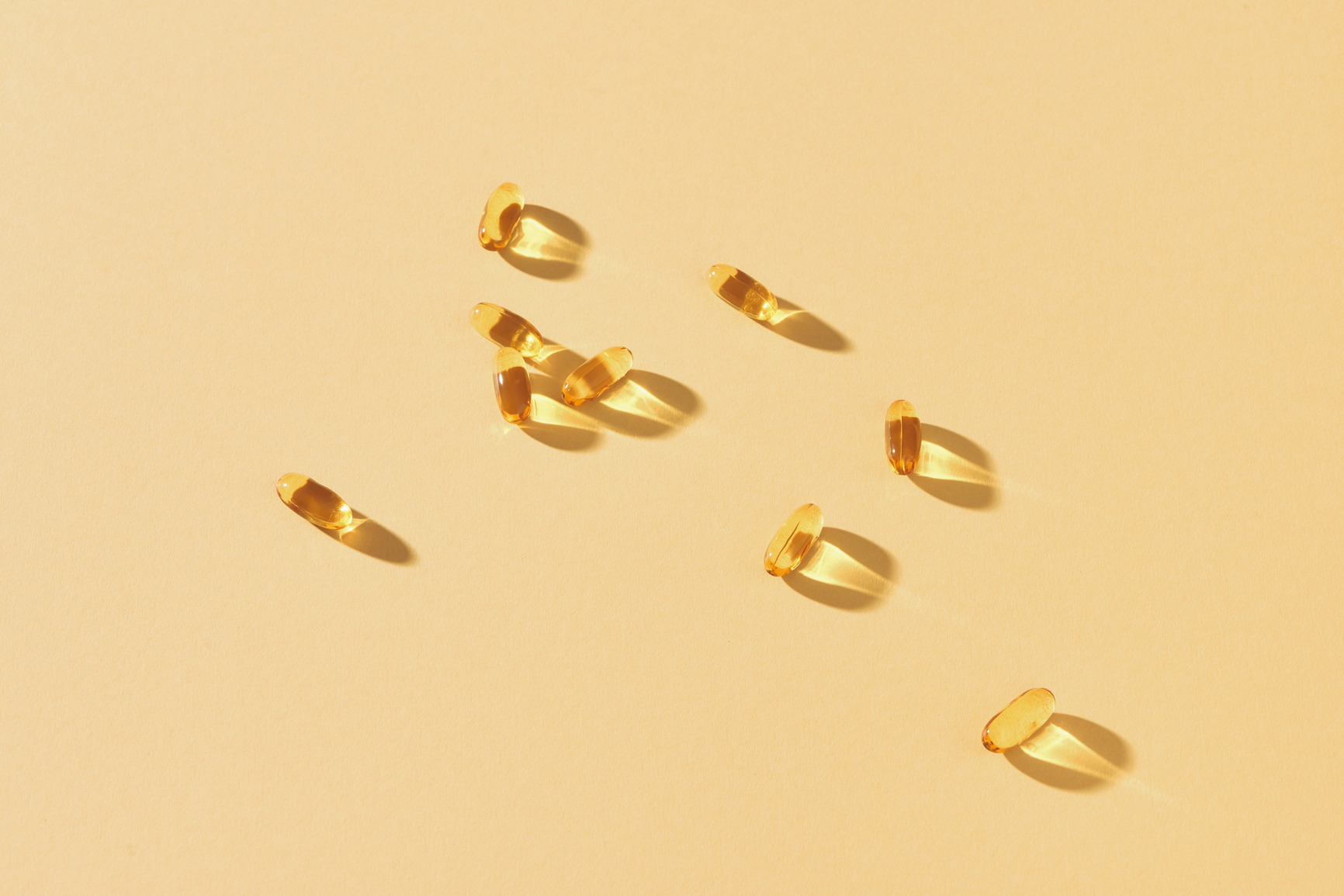
Reach for Creams, Not Lotion
With a lack of humidity in the air, the skin will likely reap the effects and quickly become dried out. Moisturizing is an essential step to maintaining healthy, plump skin. A lack of hydration can make the skin dry, irritate it, and bring on a breakout.
Paul Jarrod Frank, M.D., a celebrity cosmetic dermatologist, recommends that those with especially dry skin use a cream rather than a lotion during the winter. “Cream tends to have a higher content of oil, which hydrates the tissue better and creates a better barrier to deal with cooler elements,” he says. “My rule (during the cold weather) is if it can go through a pump, it’s too thin, so choose creams that are in a jar if you tend to be dry.” When swapping out lighter lotions and moisturizers for thicker, heavier, more occlusive creams, like Sunday Riley C.E.O. Vitamin C Rich Hydration Cream, make sure to apply them at least twice daily, which will help trap water into the skin. Humidifiers are also an easy way to add moisture to the air and reinstate glowy, healthy skin.
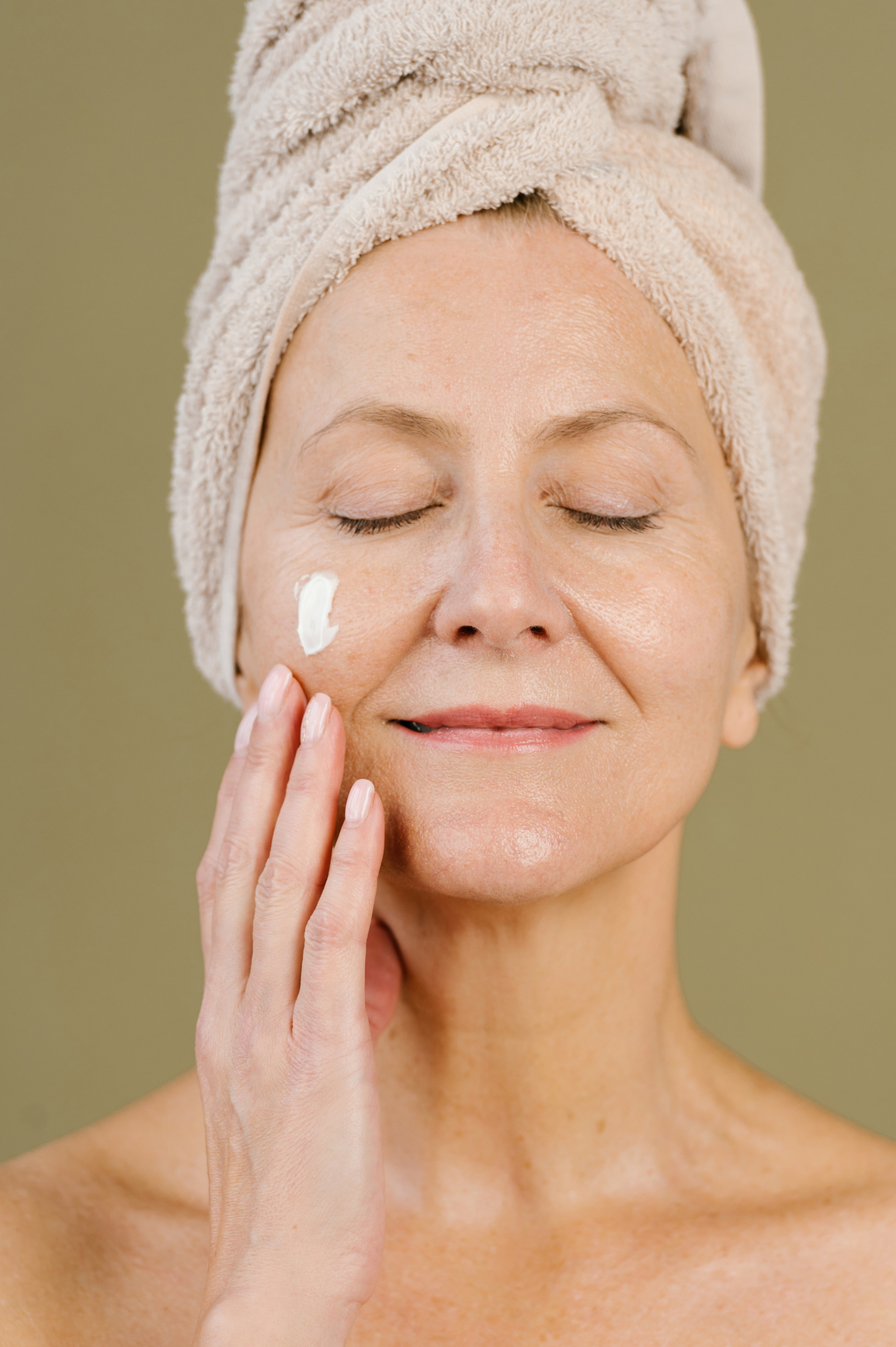
You can also try layering a facial oil with moisturizer, which is what SHEN Beauty founder Jessica Richards likes to do. “Lather up with additional oils and serums that target your skin needs. Then, apply the thickest cream that helps to seal in moisture and act as a barrier to the outside world,” she suggests.
It’s easy to forget about hydrating the lips with as much moisture as they need, which is why cosmetic chemist and skincare expert Vince Spinnato says not to forget about them. “Chapped lips, which are common and treated fairly simple, are the result of diminished moisture in the skin on and around the lips,” he explains. Sure, cold weather and constant exposure to the wind and other environmental elements can lead to chapping, but so can frequently licking the lips. “When the lips get dry, the dead skin cells begin to flake off, which results in peeling or chapped lips, and lip balm will not help unless you remove the dead skin,” he explains.
Spinnato shares this simple technique to remedy chapped lips using a washcloth and petroleum jelly or lip balm. “Apply either petroleum jelly or lip balm to chapped lips, and let it sit for a few minutes. Then, using a wet washcloth, gently rub the lips to get rid of the dry skin,” he says, adding never to pick or peel the flaking skin on the lips.
Use a Creamy Cleanser
According to Spinnato, switch to a cream-based facial cleanser during the winter months if you are currently washing your face with soap. “Cleansers often have built-in moisturizers, which mean that it won’t strip away the natural moisture in your skin,” he says. Ones with skin-softening, hydrating ingredients, like olive oil, like Sunday Riley Ceramic Slip Cleanser, are your best bet.
Consider Your Skin’s pH
Keeping the skin’s pH in check is essential. Pekar says that with the cold season, the skin tends to get dry and sensitive, or, on the other hand, it can overproduce oil to protect itself against the cold air. That’s why a balancing toner is necessary; they help keep the skin in check and prevent it from becoming too dry or oily (skin can overproduce oil to protect against cold air).
Don’t Skimp on Exfoliating
Skin still naturally exfoliates once winter rolls around, but it needs a little help, which is why regular exfoliation is key. Jacob Steiger, M.D., a board-certified facial plastic surgeon, stresses the importance of gentle yet regular exfoliation to remove dry, dead skin cells from the surface. “It also alleviates skin of excess oils and residue to reveal healthier, younger-looking skin,” he shares.
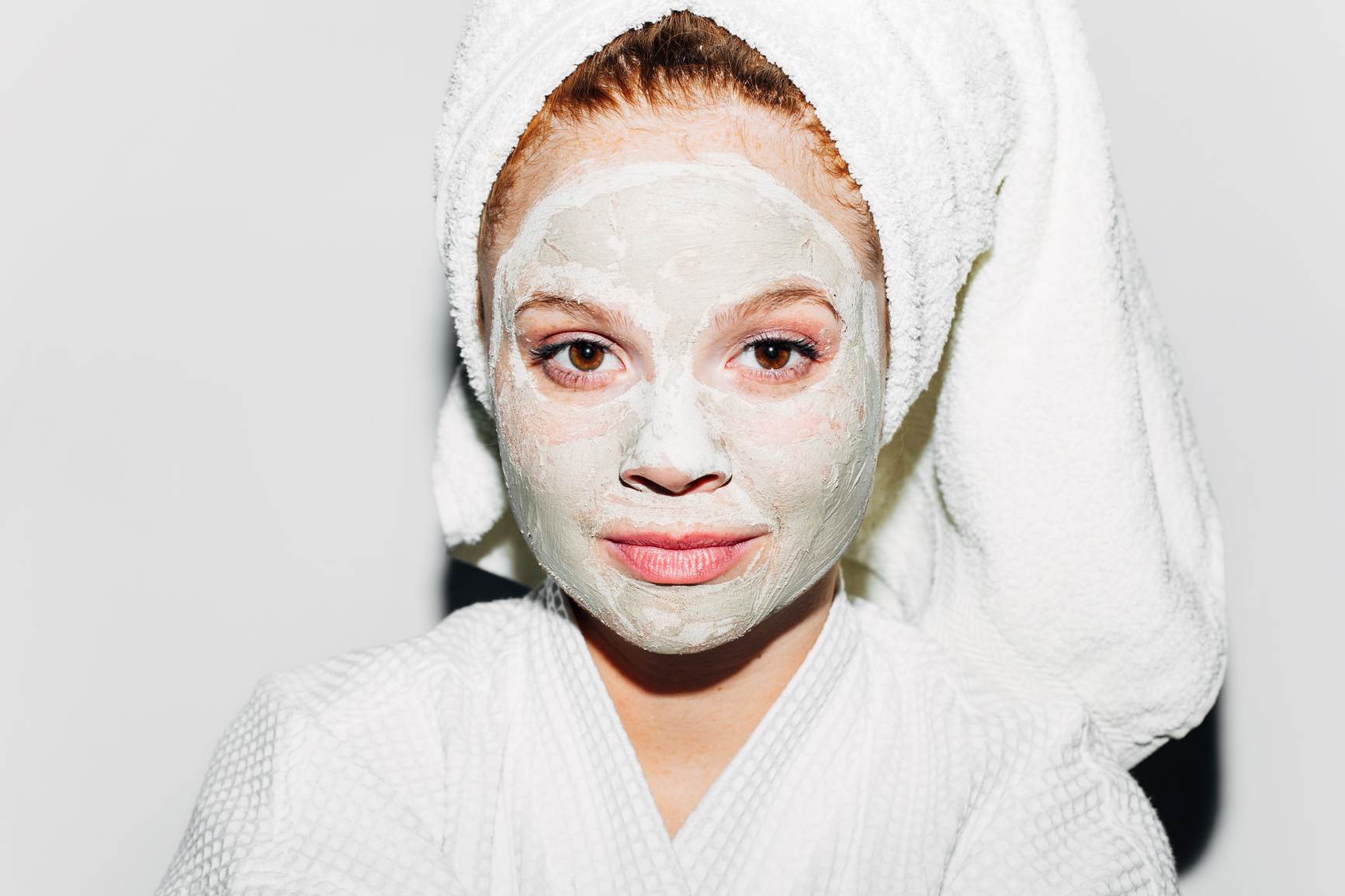
Of course, at-home exfoliators should be part of your winter skincare routine, and so should professional facials. “The skin goes through a full life cycle of skin cell growth every three to four weeks and is often irritated by seasonal changes,” he says. “Facials allow for a deeper cleanse and help to re-circulate body fluids and stimulate the proper functioning of the immune system.” In addition, he says that exfoliating facials also improve skin texture, stimulate new collagen to be made, and supply the skin with much-needed moisture.
SHEN Beauty founder Jessica Richards is also a fan of wintertime exfoliation. She prefers chemical exfoliants, which don’t irritate skin since the skin can be more sensitive at this time of year. “It allows the products to penetrate further into the dermis,” she says.
Wear Sunscreen Indoors
Just because it’s not sunny outside doesn’t mean you should forgo the daily application of sunscreen. Year-round sun protection is one of the top expert recommendations simply because the sun and the damage it causes never take a day off. There’s no denying the importance of sunscreen 365 days per year, regardless of the weather or season. “In winter, the sun’s rays are strong enough to cause damage, which is why protection from UVA and UVB is important,” says Howard Sobel, M.D., a board-certified dermatologist. He adds that many people don’t think about how the sun’s rays can come in through the window. Slather up your skin in a broad-spectrum sunscreen, like Sunday Riley Light Hearted Sunscreen, both indoors and outdoors, for total protection.
Don’t Ignore the Skin on Your Hands
The hands are one part of the body that ages quickly and takes a beating since they are exposed to damaging elements nearly daily. Luigi L. Polla, M.D., the founder of Forever Institut and Alchimie Forever, says, “often, hands will become excessively dry and uncomfortable in cold weather, particularly as we age, which is why both hand cream and wearing gloves whenever outside are essential.”
Dr. Polla recommends hand creams with protective molecules acting as barrier replenishers and humectants, which bind and hold the water inside the epidermis to hydrate the skin and help support and repair its barrier function.
Keep Your Scalp in Mind
It’s not just the skin that takes a beating in the winter — the scalp and hair do, too. Proper scalp care ensures healthier hair since the two are so closely connected. Weekly biotin injections can help strengthen the hair and scalp because biotin stimulates keratin production in the hair and helps hydrate the scalp, according to Parvaneh Rafaeloff, M.D., owner and medical director of Le Jolie Medi Spa. “PRP hair restoration will also help with moisture and volume since it has essential nutrients and growth factors from your blood to boost damaged tissue repair.”
Mane Addicts stylist Brittany Sullivan also suggests washing the hair less than usual (if it’s doable). “Less oil production can mean less washing, which discourages stripping of the good oils,” she says. “Also, help your hair out by replenishing, strengthening, and adding moisture with a leave-in conditioner, a treatment, or a hair oil that works for your hair type.”
The face isn’t the only part of the body that requires regular exfoliation — the scalp also needs to be healthy and encourage healthy hair growth. Sunday Riley Clean Rinse removes impurities, product buildup, dead skin, and oil for a healthier-looking scalp and cleaner hair.
We only recommend products we have independently researched, tested, and loved. If you purchase a product found through our links, Sunday Edit may earn an affiliate commission.
